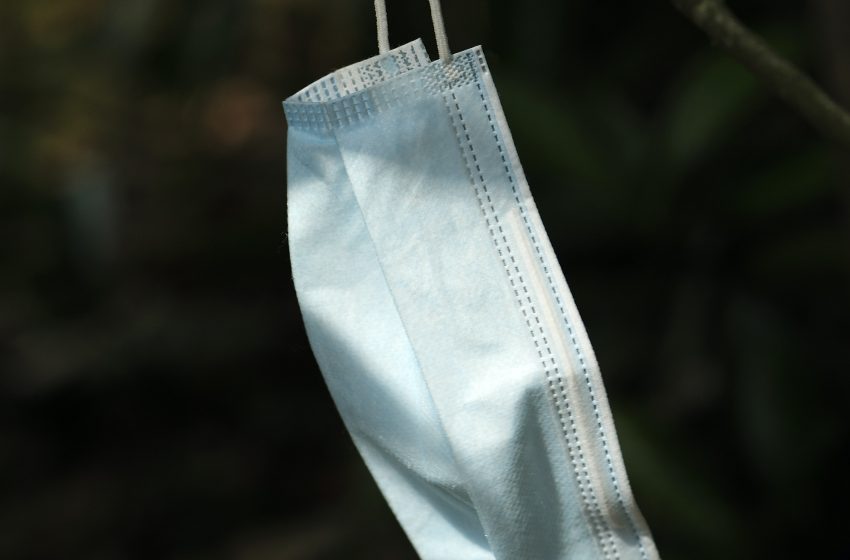
globalbizmag.com
Trade unions seemed upset by Boris Johnson’s decision to remove Covid-19 limitations
On Monday, UK Prime Minister Boris Johnson said that domestic legal Covid restrictions will be lifted on February 24, as we begin to treat Covid like other contagious diseases like the flu.
Following a positive COVID-19 test, the legal necessity to self-isolate will be abolished.
Johnson told parliament that Until April 1 people who test positive will be advised to stay at home. But after that, they will “encourage people with COVID-19 symptoms to exercise personal responsibility.”
The Trades Union Congress (TUC) is against this decision and said that the workers will be forced to make a terrible choice as Covid-19 rules are being lifted in England, the risk of infecting colleagues or losing income by self-isolating.
People with Covid positive will be forced to wait until the fourth day before they can claim statutory sick pay, which provides workers with £96.35 per week for up to 28 weeks. More than 7.8 million workers rely on this kind of sick pay.
The FSB revealed that the average cost of sickness absence to small employers was just over £3,500 last year.
TUC General Secretary, Frances O’Grady, said that Two years into the pandemic, it’s time ministers stopped turning a blind eye to this obvious problem and fixed our broken sick pay system.
According to the TUC, two million workers, primarily women, do not qualify for sick pay due to low incomes.
Unions have been trying to get the government’s attention for better sick pay.
Union and business leaders have joined forces to ask the government to increase sick pay and make it easier for employers to manage employee absences.
The TUC and the Federation of Small Businesses (FSB) wrote to the Chancellor, urging him to establish an “effective” sick pay system to support the economy and ensure that all firms can afford it.












